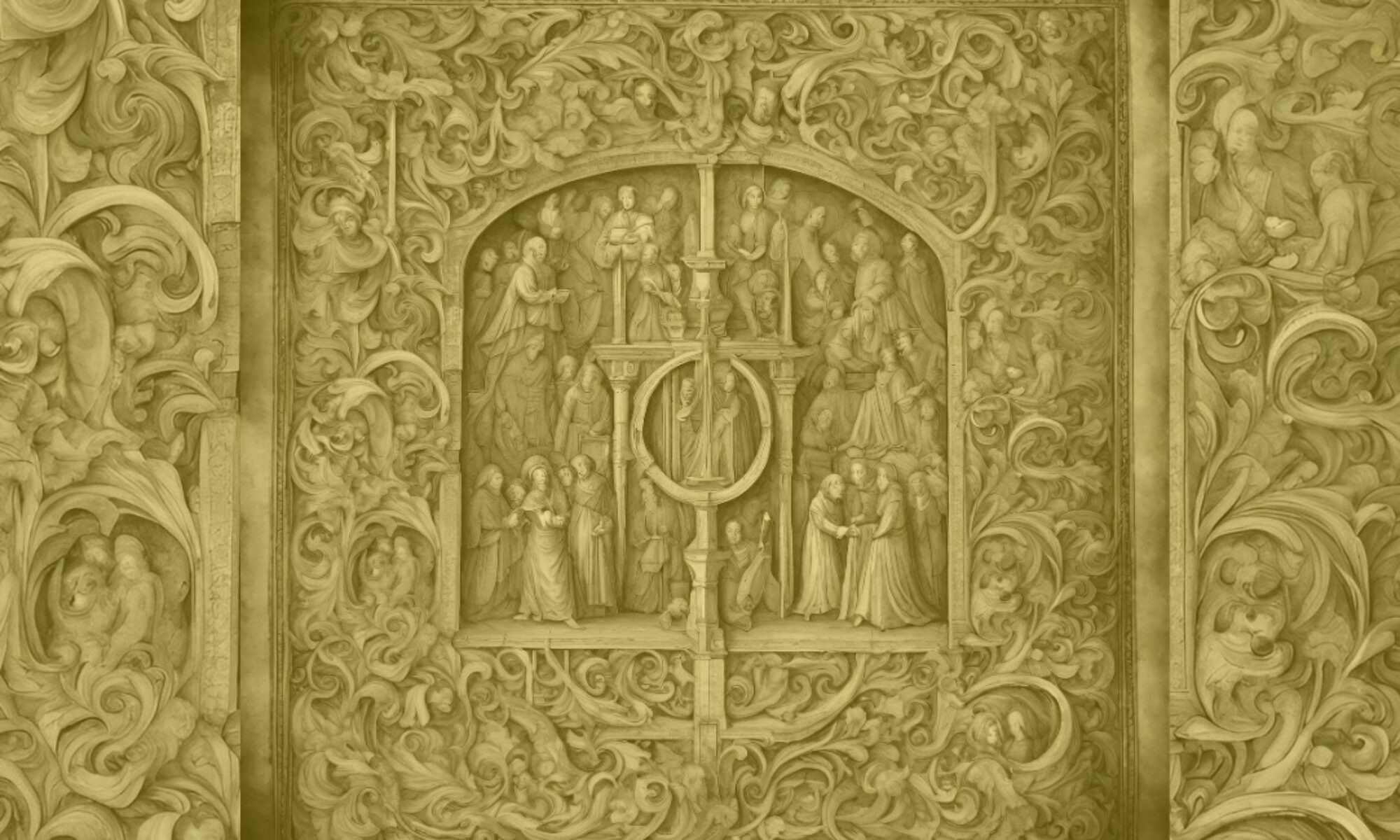Beth Anne’s talk is called “A Poetics of Silver”

This poetry workshop flows from ideas of ecopsychology, developing a theme of nature as alchemical container for the silvering of human artistic, emotional, psychic transformation.
In “Silver and the White Earth,” James Hillman writes about the albedo phase of the work. After the dissolving and fermenting of the nigredo, when we may explore our deepest shadows and pain, a phase of drying and cooling comes along, which Hillman says fosters reflection, like silvering on a mirror. During the albedo we take stock, observe, without judgment or passion. A rest from the rigors of diving into our darkness and bringing up materials to cook and render, the albedo distills, giving us time to separate the fluid of emotions from the sparkling powdery substance left behind. These are not hardened insights or spiritual truths, but different kinds of reflections which have dimensions and shadows of their own, like shadows on snow. Hillman sees them “as blues, as creams, as the wan and pale feelings of grey.”
This workshop offers participants a chance to explore their own silvering through writing about nature, poetry, fantasy, whatever mystic realm calls. We will use prompts, images, poems as starting points for our own silver word-dance.
About Beth Anne
Beth Anne Boardman, RN, MA, PhD lives in California and New Hampshire. She travels and lectures on the Mythology of Sport, Women and Myth, and the Alchemy of Adolescence (her dissertation topic), in addition to consulting as a writer to websites. Recently, Beth has served on the board of the Pacifica Graduate Institute Alumni Association and as Regional Coordinator for local alumni. Her career spans work as a registered nurse, the study of world dance and music, and the profound joy of raising two children. Beth’s writings may be found at http://otherworldpoetry.blogspot.com and https://mythmuse.wordpress.com.



